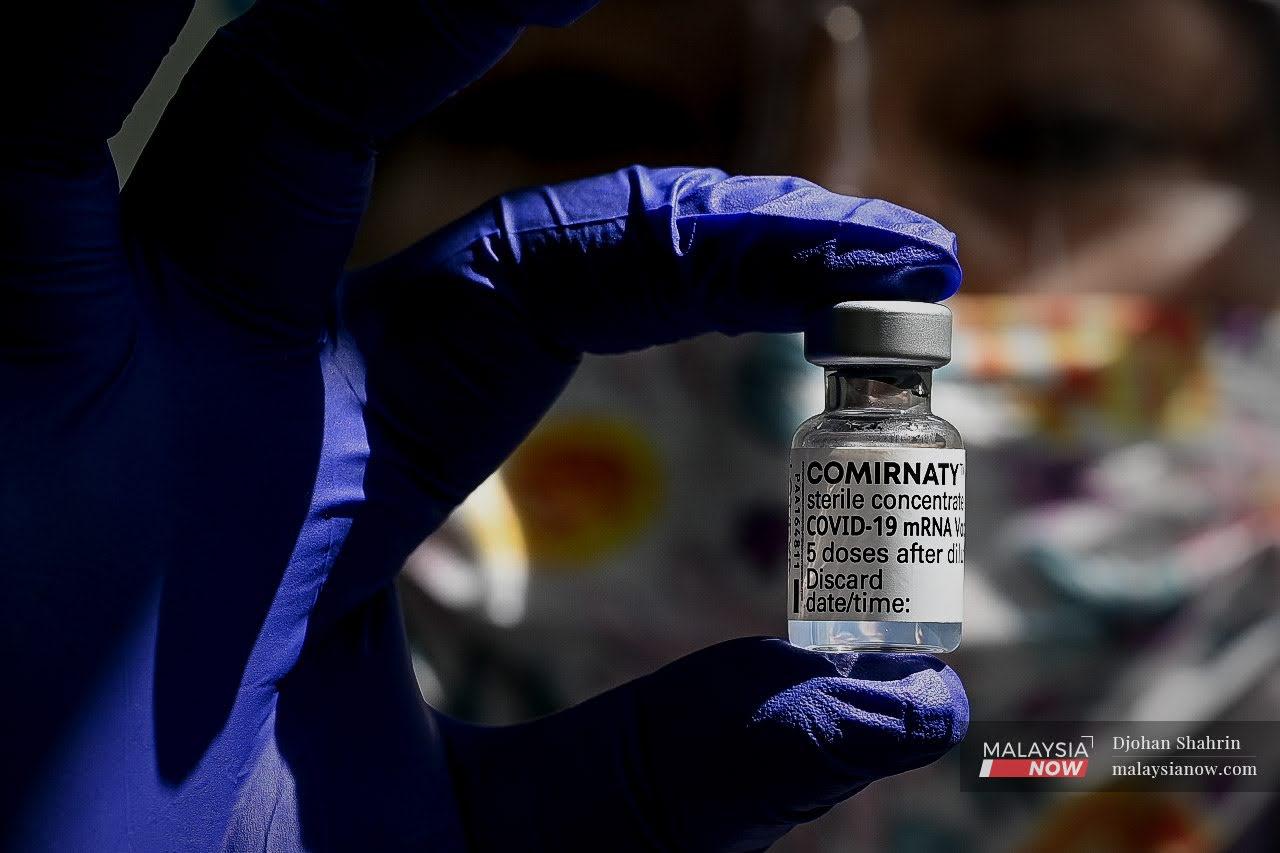Rights group slams call for private hospitals to offer Covid-19 jabs
Suaram says any commercialisation of the vaccines will lead to another form of queue-cutting that will benefit the rich.
Just In
A rights group has spoken against calls for Putrajaya to allow private hospitals to administer Covid-19 vaccines, saying this will give rise to another form of queue-cutting in favour of the rich.
Suara Rakyat Malaysia (Suaram) warned that any proposal to commercialise the vaccines on the pretext of helping authorities speed up the inoculation drive would only undermine the vaccination programme.
It said letting the private sector procure vaccines to run its own vaccination programme would contradict the principles of equality in the vaccination programme.
“Allowing private hospitals to make money by vaccinating queue jumpers is not an option,” said Suaram executive director Sevan Doraisamy.
This comes in the wake of a call by a private hospitals association for private hospitals to be allowed to participate in the Covid-19 vaccination.
But Suaram hit out at the view, saying private hospitals had not responded well to helping the government fight the pandemic in the early stage.
“The private hospitals’ involvement in battling Covid-19 was confined to providing limited private beds for a small number of Covid-19 patients.
“Moreover, even the Covid-19 testing provided by private hospitals came at an exorbitant cost and the private hospitals are most likely to shift their patients who are tested positive to their public counterparts,” it said.
On Monday, Science, Technology and Innovation Minister Khairy Jamaluddin revealed that there had been cases of individuals jumping the vaccine queue by registering to receive the jabs despite not being considered as frontliners.
This prompted the government’s Covid-19 Vaccine Supply Access Guarantee Committee to issue guidelines to clearly spell out who will receive the vaccines under the different phases.
Suaram said allowing the vaccines to be commercially available would only serve to widen the gap between the rich and poor in terms of access to the vaccines.
“Thus, the rich and the privileged should banish any idea that they can use their wealth to buy privilege by jumping the vaccination queue. The vaccine is in short supply and most poor countries do not even have access to any.”
It said the short supply of Covid-19 vaccines worldwide meant that vaccine prices could be raised, making them even more inaccessible to the poor or vulnerable.
Suaram said the government’s current vaccination drive was designed to address the shortage by having several categories of people who will receive the jabs under different phases.
“We should not disregard the fact that the phases of the vaccination programme were explicitly designed to prioritise high-risk individuals and to ensure that almost all Malaysians are guaranteed a shot of vaccination with no cost incurred.
“Private hospitals should instead volunteer their premises as additional vaccination points to speed up the government’s free vaccination programme.”
The National Covid-19 Immunisation Programme, which began on Feb 24, will be implemented in three phases with its first phase, from February to April, involving 500,000 frontliners.
Phase 2, from April to August, will involve senior citizens aged 65 and above, high-risk groups and the disabled – about 9.4 million people – while Phase 3 from May this year to February 2022 will cover Malaysians and non-citizens aged 18 and above, targeting more than 13.7 million people.
Subscribe to our newsletter
To be updated with all the latest news and analyses daily.
